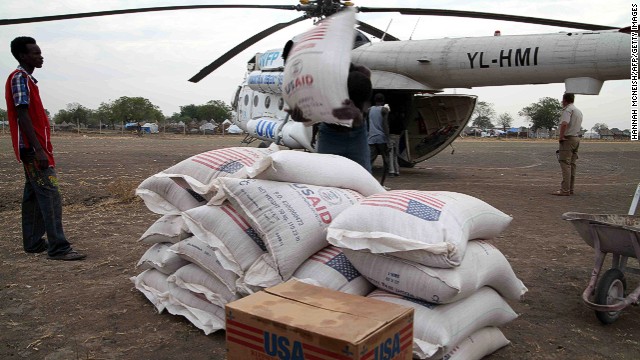The principal concerns Polman has raised in The Crisis Caravan are focuses on the actions of NGOs and whether or not those actions actually serve to achieve the NGO’s goals.
She said in her book that "Aid organizations are businesses dressed up like Mother Teresa", she was pointing out that those aid organizations are helping and aiding on the outside. They pretend that they are helping people as their main goal, but they are actually aiming to earn more money, expand and take more funding from the public at the same time.
Polman also pointed out that "that's [Aid organizations are businesses dressed up like Mother Teresa] not how reporters see them [aid organizations]". She suggested that journalists reports on what goes on on the surface, and that the journalists do not usually ask questions for aid organizations. Polman thinks that the media is not doing a good job or not critical enough when it comes to organizations "aiding". That made the NGOs to continue operate with benefits for themselves.
In order to make humanitarian aid successful, journalists, the public, governments has to improve their ways for doing their job.
For journalists, they need to report critically on the aiding process by the NGOs. It is good to report the whole process of how and where the money goes after the aid organizations have obtained the money. Journalists should provide the transparency of these process and reassure or even convince the public that the funding are in good hands and doing the right thing. Journalists should not be biased about what they report on, such as the organizations that they were funded by.
As for the public, Polman encouraged people should be more informed and educated before acting, such as to ask more questions and do some research before donating money to NGOs. Even for the more renowned NGOs, the public should not follow blindly. The public should understand what the organization do in terms of cultural, political, economical and social aspects.
For the governments, they need to be the administrative role to the NGOs. Even though they are ot funded or have any relations to the government. The government should ensure that the NGO's are doing their jobs ethically and are following guidelines. That is to prevent any corruption or irresponsible actions for the NGOs. The government should be responsible to ensure that the NGOs are strictly aiding and helping people, without any political backing.


No comments:
Post a Comment